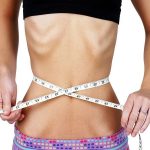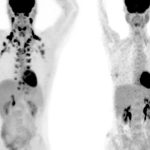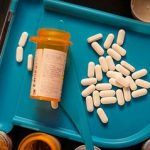
Rising temperatures caused by climate change are contributing to low diet quality and malnutrition among young children in many parts of the world, researchers say. Warmer temperatures now equal or exceed the impact of traditional causes of child malnutrition and low quality diets, such as poverty, poor sanitation and low levels of education, according to investigators from the University of Vermont. “Certainly, future climate changes have been predicted to affect malnutrition, but it surprised us that higher temperatures are already showing an impact,” study co-author Meredith Niles said in a school news release. She’s an assistant professor of nutrition and food sciences and a fellow at the university’s Gund Institute for Environment. The researchers assessed diet diversity among 107,000 children, 5 years and younger, in 19 countries in Asia, Africa and South America, using three decades of temperature, precipitation, socioeconomic, ecological and geographic data. Of the six regions included in the study — Asia, Central and South America, North, West and Southeast Africa — five had significant temperature-related reductions in young children’s diet diversity. Diet diversity is used to measure diet quality and intake of iron, folic acid, zinc and vitamins A and D — all critical for child development. A lack of such nutrients is a cause of malnutrition, which affects one-third of children younger than 5. On average, children in the study had… read on > read on >

























-300x200.jpg)







-300x169.jpg)
